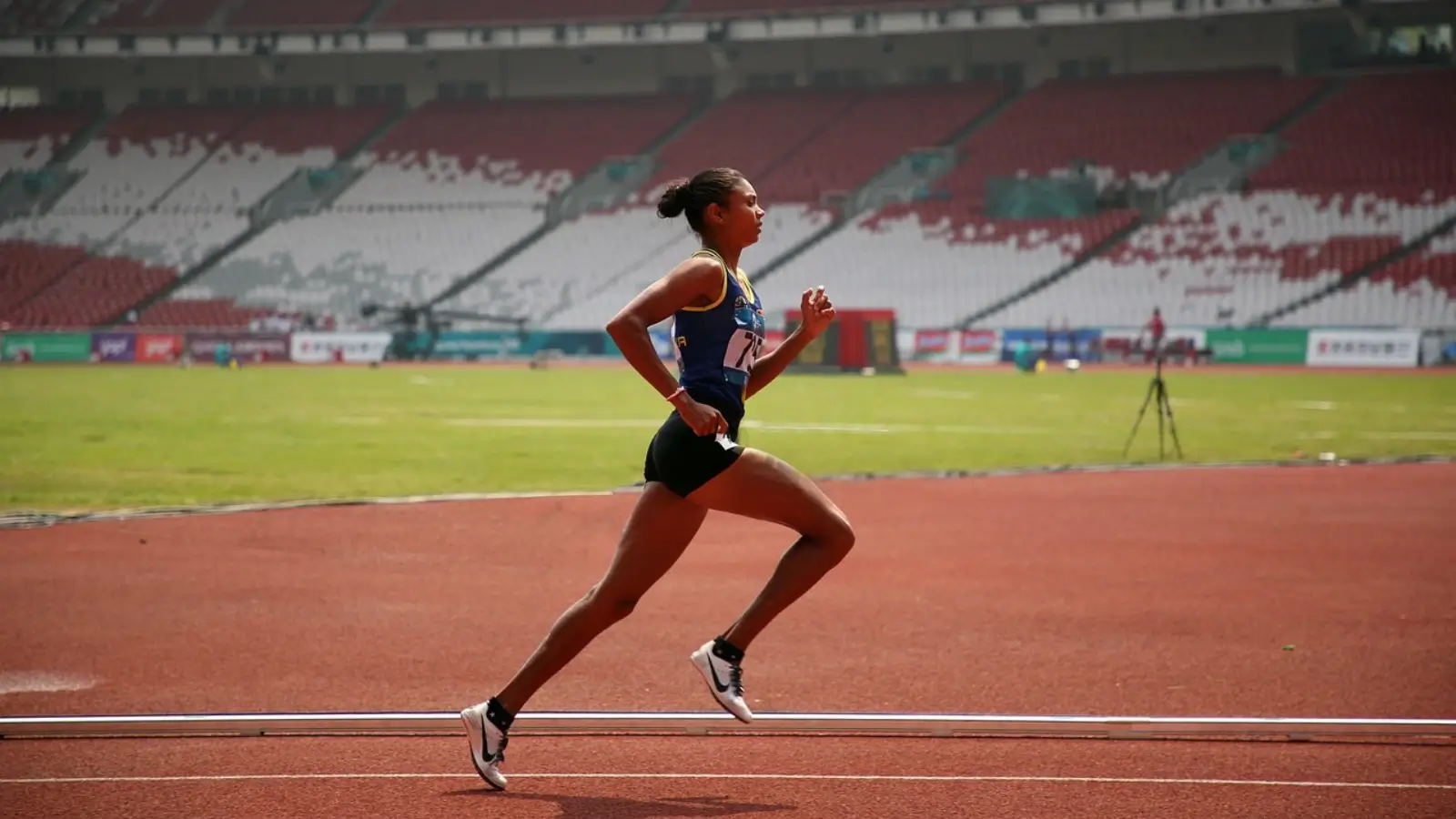


Elite athletes don't achieve greatness by accident. Behind every record-breaking performance and championship victory lies a carefully crafted formula that separates the best from the rest. While talent provides the foundation, it's the combination of specific traits, habits, and strategies that transforms potential into consistent excellence.
Mental toughness stands as the cornerstone of athletic excellence. Elite athletes possess an unwavering belief in their abilities, even when facing seemingly impossible odds. This psychological resilience allows them to perform under pressure when others crumble.
Visualization techniques play a crucial role in their mental preparation. Champions mentally rehearse their performances countless times before stepping into competition. They see themselves executing perfect techniques, overcoming obstacles, and achieving their goals. This mental practice creates neural pathways that enhance actual performance when it matters most.
Focus and concentration separate good athletes from great ones. Elite performers can block out distractions, negative thoughts, and external pressures to maintain laser-like attention on their objectives. They've trained their minds to stay present in the moment while executing their game plans with precision.
Elite athletes understand that physical preparation extends far beyond basic training. They approach their bodies as finely tuned machines that require specific maintenance and enhancement protocols.
Recovery receives equal attention to training in their routines. Professional athletes prioritize sleep, nutrition, and stress management because they know that adaptation occurs during rest periods. They work with sports scientists to optimize their recovery protocols, ensuring they can train consistently at high intensities.
Periodization guides their training cycles. Rather than training at maximum intensity year-round, elite athletes carefully plan their preparation phases to peak at the right moments. This strategic approach prevents burnout while maximizing performance when competitions matter most.
Cross-training and injury prevention form integral parts of their physical development. Elite athletes work on mobility, stability, and movement patterns that support their primary sport while reducing injury risk. They understand that staying healthy is just as important as getting stronger or faster.
Elite athletes are students of their sports. They spend countless hours analyzing their own performances and studying their competition. This analytical approach allows them to identify patterns, exploit weaknesses, and continuously refine their strategies.
Video analysis becomes a regular part of their routine. They review their techniques, decision-making processes, and tactical execution to identify areas for improvement. Many athletes work with coaches to break down game footage frame by frame, looking for subtle adjustments that can provide competitive advantages.
Adaptability sets elite athletes apart from those who plateau at lower levels. They can adjust their strategies mid-competition based on changing conditions or opponent responses. This flexibility requires a deep understanding of their sport and confidence in their ability to execute multiple game plans.
The lives of elite athletes revolve around their sport, but not in the obsessive way many people imagine. Instead, they make consistent daily choices that support their long-term goals. Every decision, from meal timing to social activities, is filtered through the lens of performance optimization.
Nutrition becomes a science rather than an afterthought. Elite athletes work with sports nutritionists to develop eating plans that fuel their training, enhance recovery, and maintain optimal body composition. They understand that food is fuel and medicine, not just satisfaction.
Sleep hygiene receives priority status in their routines. Elite athletes typically require more sleep than average individuals due to their training demands. They create optimal sleep environments and maintain consistent sleep schedules to maximize recovery and cognitive function.
Elite athletes rarely achieve success in isolation. They surround themselves with teams of professionals who provide expertise in various aspects of performance enhancement. Coaches, trainers, nutritionists, sports psychologists, and medical professionals all contribute to their success.
Mentorship plays a significant role in their development. Many elite athletes seek guidance from former champions who can provide insights about handling pressure, making career decisions, and maintaining motivation over long careers. Athletes across various sports, from tennis players like Genie Bouchard to Olympic champions in other disciplines, often credit mentors for helping them navigate challenges.
They also build relationships with training partners who push them to higher levels. Elite athletes understand that iron sharpens iron, so they seek out partners who challenge them in practice and help simulate competition conditions.
Elite athletes maintain insatiable curiosity about their sport and performance enhancement. They continuously seek new information, techniques, and technologies that might provide even marginal improvements. This growth mindset keeps them evolving rather than stagnating.
They embrace failure as a learning opportunity rather than a defeat. Elite athletes analyze their losses and setbacks to extract valuable lessons that inform future preparation. This perspective allows them to bounce back stronger from disappointments.
Innovation adoption sets them apart from competitors who stick to traditional methods. Elite athletes are often early adopters of new training techniques, recovery technologies, and performance monitoring tools that can provide competitive advantages.
Elite athletes set specific, measurable goals that guide their training and competition decisions. They break down long-term objectives into smaller, actionable steps that create clear progress markers. This systematic approach keeps them motivated and focused on continuous improvement.
Performance tracking becomes second nature in their routines. They monitor various metrics that correlate with success in their sports, from technical execution percentages to physiological markers. This data-driven approach allows them to make informed adjustments to their training and preparation.
The winning formula of elite athletes combines mental toughness, strategic physical preparation, disciplined lifestyle choices, and continuous learning. While natural talent provides the starting point, it's the systematic application of these principles that creates champions. Elite athletes understand that excellence is not a destination but a daily commitment to doing the small things that others overlook. Their success comes from consistent execution of proven strategies rather than searching for magic shortcuts. Anyone serious about athletic improvement can apply these principles to their own training and competition preparation.